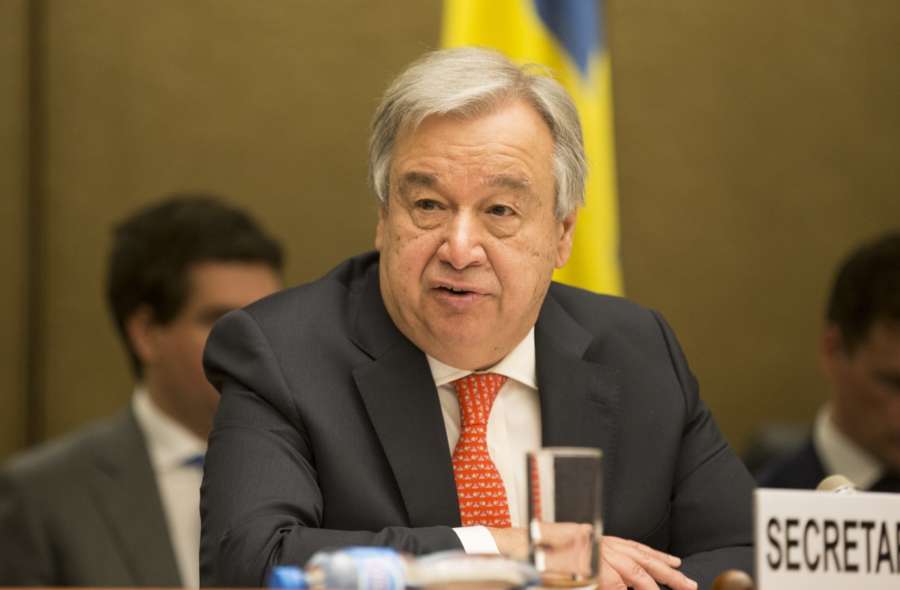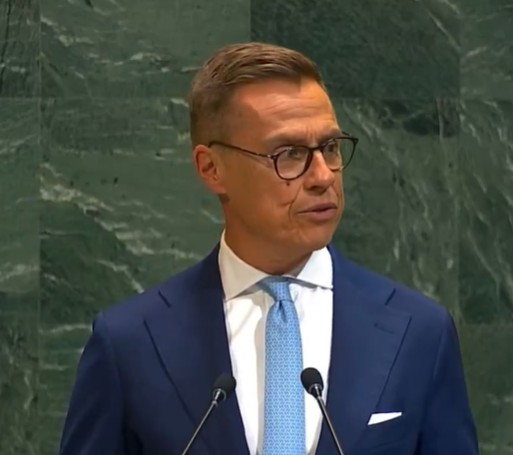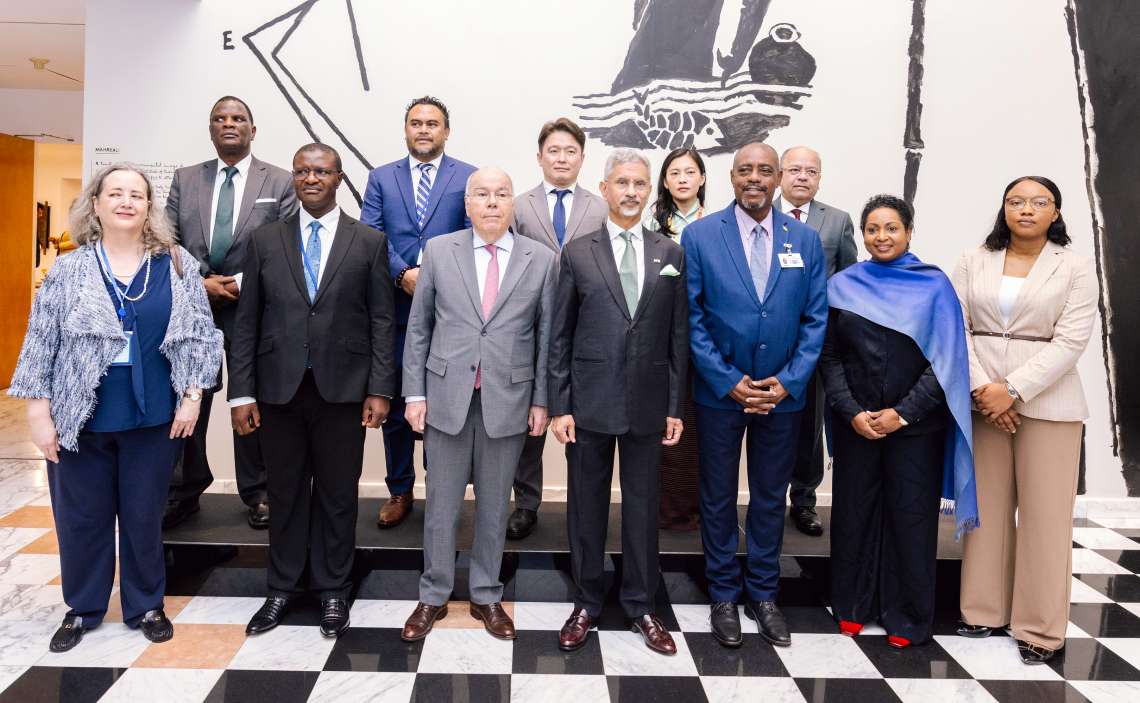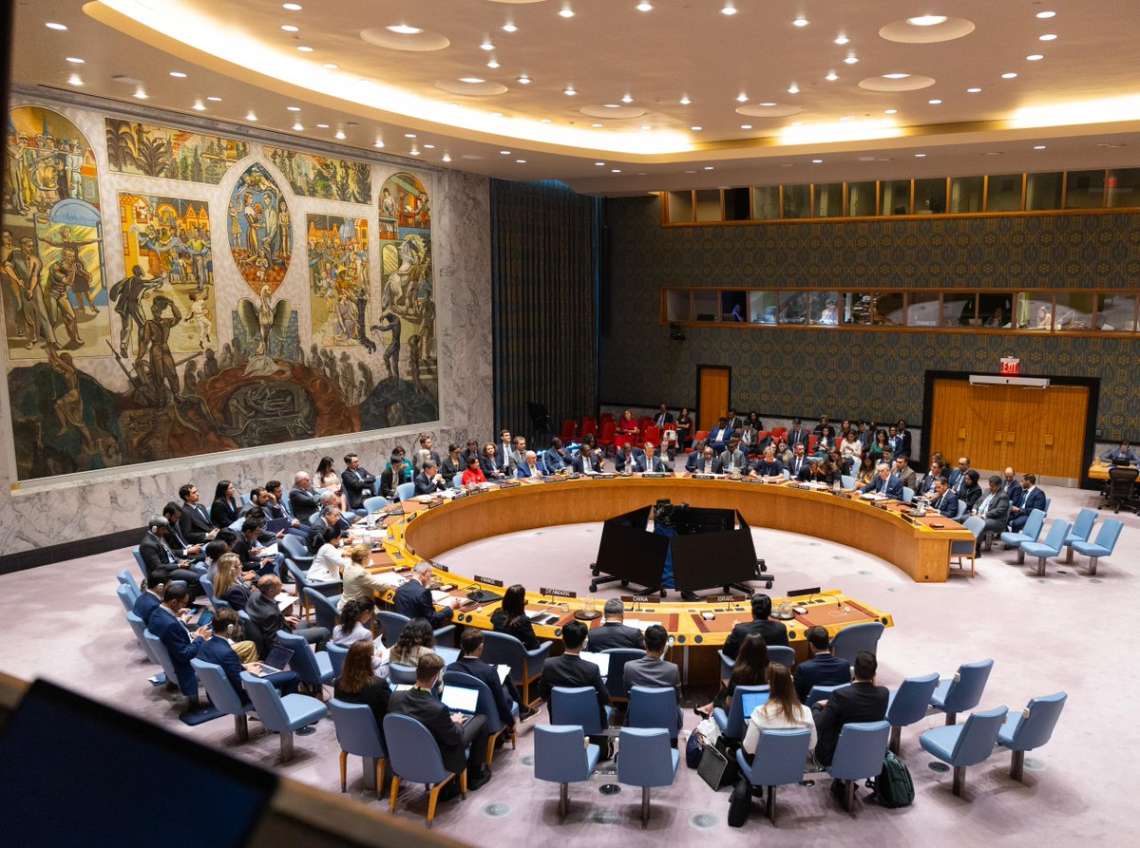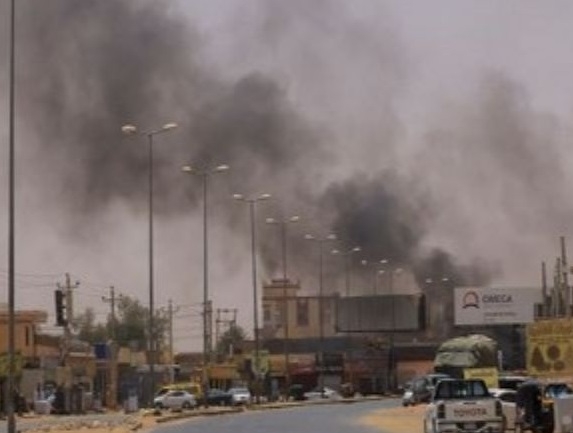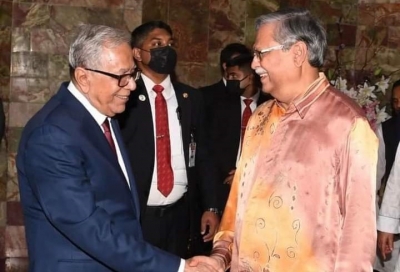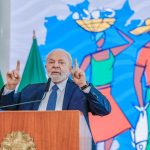The nations from the Global South echoed the need for reforms with African nations being most vociferous…writes Arul Louis
Secretary-General Antonio Guterres has said that most UN members support reform of the Security Council, an assertion strongly backed by representatives of several countries who followed him at the Council meeting.
“A majority now acknowledge that the Security Council itself would benefit from reforms that reflect today’s geopolitical reality,” he said.
That is also true of the international financial institutions like the International Monetary Fund and the World Bank, he said at a meeting of the Council on Monday on “Effective Multilateralism”.
The nations from the Global South that spoke after him echoed the need for reforms with African nations being most vociferous.
The representative of Brazil contrasted the efficacy of the broadly representative G20 with the Council with its unrepresentative character of the Council stuck in the world of 1945 when the UN was created after World War II.
“Back in 2008, after the global financial crisis, a group of countries decided to establish the G20 which proved to be a valuable framework for addressing new economic and financial challenges,” he said.
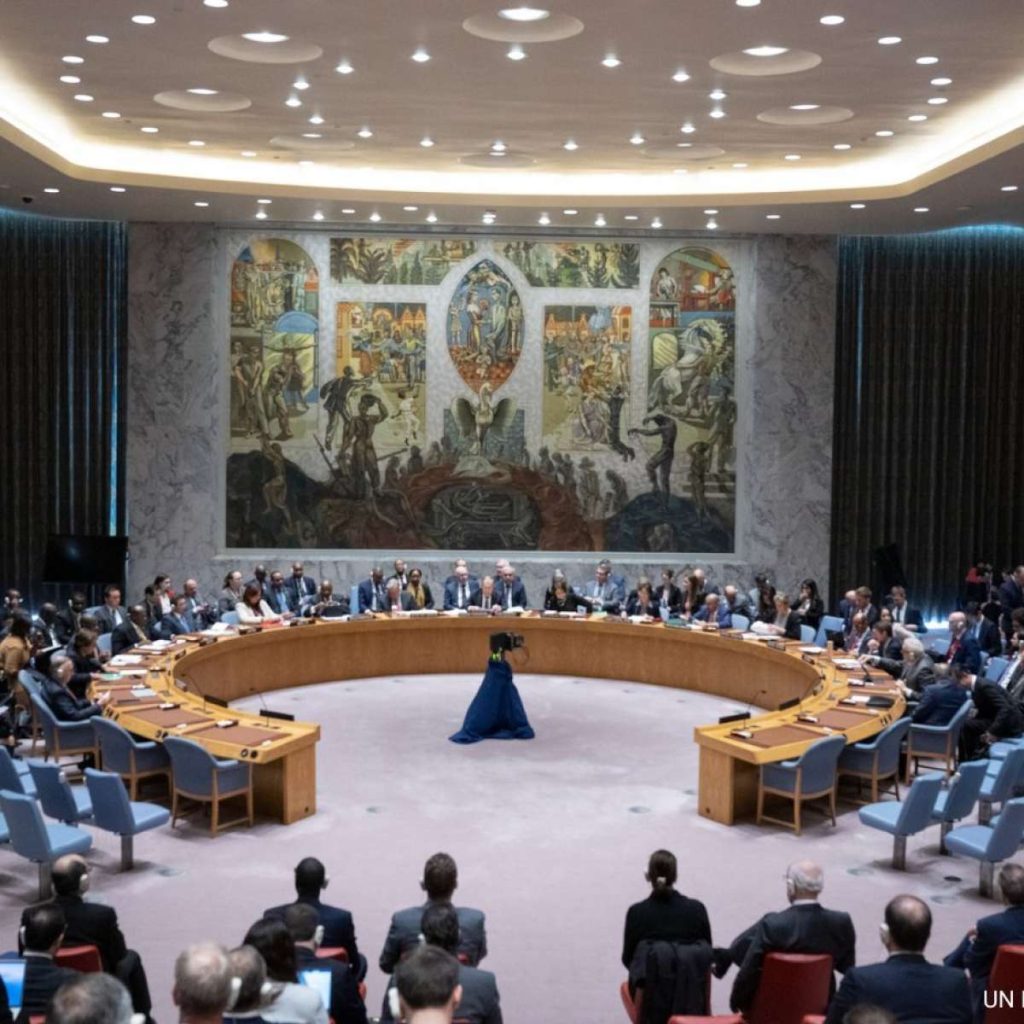
Despite deficiencies like the limited representation of African countries, “it has since come to be one of the most representative bodies in the international community”, he said.
“But the current composition of the Council, which reflects the balance of power in 1945, is not compatible with the current geopolitical realities,” he added.
The lack of representation of Latin America and Africa among the ranks of the permanent members “results in the increasing lack of legitimacy of this body to take decisions on the peace and security agenda and underscores the sense of frustration, which the shortcomings of the UN system as a whole”, he said.
Brazil is a member of the G4, a group that includes India, Japan and Germany, that lobbies for Council reforms and also mutually support each other for permanent seats.
India is currently the president of the G20, the group of developed and emerging countries, where it seeks to project the voices of the Global South.
Gabon’s Deputy Foreign Minister said that Africa’s patience with the Council reform was wearing thin.
He pointed out that 70 per cent of the Council agenda relates to Africa, the second-most populous continent, but it has no permanent membership on the Council.
“It is patently clear that Africa will not wait forever for the vicissitudes of the Inter-Governmental reform process (for reforms) to pass,” he said. “In the eyes of our people that process is simply an interminable distraction.”
Pressing for reforms, United Arab Emirates Minister of State for Foreign Affairs Khalifa Shaheen Al Marar said, “Status quo structures will not move us beyond the status quo.”
“From the Security Council to institutions like the World Bank and the International Monetary Fund, multilateral mechanisms must be reformed to improve their legitimacy and representation,” he said.
He said, “Some member states have always had a disproportionate influence over the multilateral system, including how these systems were set up and whether or not they function in the interest of all. It is these same member states that can prevent or realise the reforms necessary to make multilateralism more effective.”
Ghana’s Deputy Foreign Minister Thomas Mbomba said that the injustice to Africa is a weakness of the multilateral structure and nations should “turbocharge” action to rectify it.
Egypt’s Permanent Representative Osama Abdel Khalek said that the exclusion of the Arab and African nations from permanent seats demands immediate reform.
Pakistan’s Permanent Representative Munir Akram struck a discordant note opposing the addition of permanent members to the Council.
In his speech, Guterres forthrightly criticised Russia’s invasion of Ukraine as a violation of international law and the UN Charter.
“Russia’s invasion of Ukraine, in violation of the United Nations Charter and international law, is causing massive suffering and devastation to the country and its people, and adding to the global economic dislocation triggered by the Covid-19 pandemic,” he said.
Multilateral cooperation is the “beating heart” but at a time when “we face unprecedented and interlocking crises”, he said, “the multilateral system is under greater strain than at any time since the creation of the United Nations”.
With “tensions between major powers are at an historic high”, he warned, “the risks of conflict, through misadventure or miscalculation”.
Lavrov said that world has reached a “dangerous threshold” that is “possibly even more dangerous” than during the Cold War.
He said that the loss of trust in multilateralism has made the situation worse.
Russia’s Foreign Minister Sergey Lavrov presiding over the Council because it was his country’s turn under the Council’s rotating presidency system evoked controversy.
US Permanent Representative Linda Thomas-Greenfield accused Lavrov of hypocrisy and said that Russia has “struck at the heart of the UN Charter” through its “war of aggression and territorial conquest”.
While Lavrov complained about the US refusal of visas to Russian journalists to cover the Council meeting, Thomas-Greenfield countered that Moscow was detaining Wall Street Journal reporter Evan Gershkovich, a “barbaric practice” in violation of international law.


